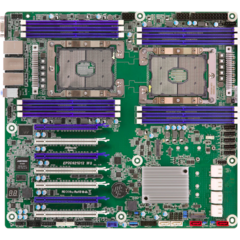i5 3350p or G3258?
-
Featured Topics
-
Topics
-
2
-
5
-
0
-
AcidVinyl ·
Posted in Graphics Cards3 -
Phantasmagoria ·
Posted in Cooling0 -
BotherRed ·
Posted in General Discussion4 -
0
-
0
-
1
-
GOATWD ·
Posted in Operating Systems8
-


.png.255947720031a641abdac78e663b681c.png)

















Create an account or sign in to comment
You need to be a member in order to leave a comment
Create an account
Sign up for a new account in our community. It's easy!
Register a new accountSign in
Already have an account? Sign in here.
Sign In Now